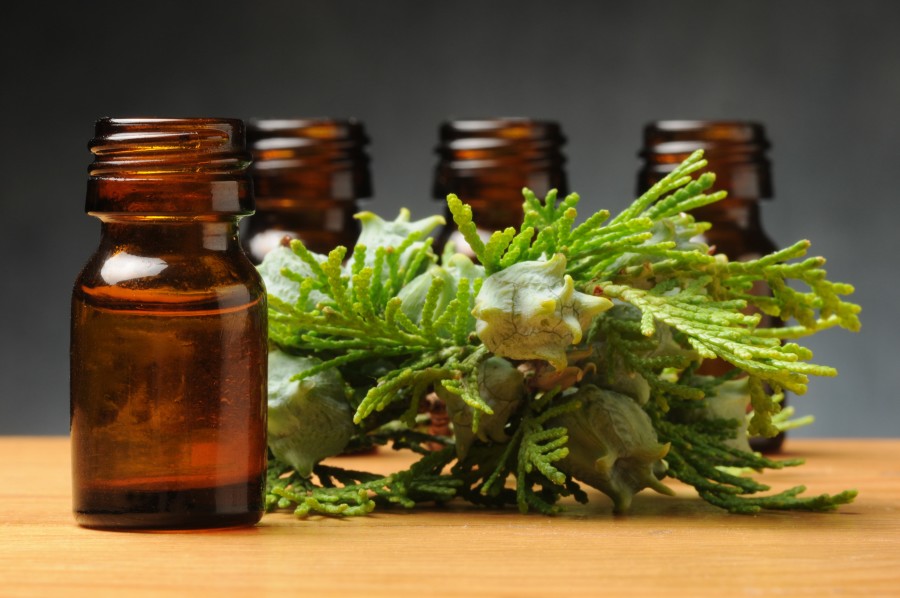But they’re natural…
Many women think herbs and herb-based medicines such as Traditional Chinese Medicine (TCM) and Ayurvedic medicine are safe to take during pregnancy because they are natural. Unfortunately, this is a misconception. Both herbs and TCM made from dried plants contain chemicals which are made naturally by the plant; however, this definitely does not mean that they are necessarily harmless. In fact, virtually no herb has been established as being definitively safe to take during pregnancy, Many women take herbs during the first trimester when pregnancy-related symptoms are the strongest but unfortunately this is also a critical time for the fetus as its organs are developing during this period.
Some of the effects of herbs during pregnancy can include:
- Threatened miscarriages (chamomile and liquorice)
- Low blood sugar (fenugreek)
- Increased blood flow to the pelvic area (peppermint)
Drugs considered likely to be unsafe or unsafe by the American Pregnancy Association include:
- Saw palmetto (when taken orally; has hormonal activity)
- Golden seal (when taken as orally; may cross the placenta)
- Dong quai (when taken orally; uterine stimulant, relaxant effects)
- Blue cohosh (when used orally; uterine stimulant, can induce labor)
- Roman chamomile (when used orally)
- Passion flower (when taken orally)
Herbs that are considered possibly unsafe by the American Pregnancy Association include:
- Aloe
- Kava kava
- Ginseng
- Evening primrose
- Feverfew
- Senna
Herbs considered to be likely safe or possibly safe by the American Pregnancy Association include:
- Ginger root
- Garlic (when taken in amounts commonly found in foods)
- Slippery elm bark (when taken in amounts found in foods)
- Red raspberry leaf (usually only recommended in the second and third trimesters)
As well as containing potentially harmful plant-based chemicals, TCM and Ayurvedic herbs have been found to contain toxic heavy metals. In one reported case, a brain-damaged baby born to a mother using Ayurvedic herbs had the highest levels of lead ever reported in a living newborn. The Ayurvedic formula was subsequently analysed and was found to have an extremely high lead content as well as toxic levels of mercury.
The dose makes the poison
An important thing to remember if you are considering taking herbal medicines during pregnancy is that the dose makes the poison. For example, rosemary is categorized as likely safe when taken at the same levels as the amounts found in food; however, in pregnancy, rosemary taken orally and at medicinal levels is considered to be unsafe due to its uterine and menstrual flow stimulant effects. This is a good example of how the dose of a substance can change its safety category. Similar examples include tumeric, ginger, sage and garlic.
What should I do if I want to take herbs during pregnancy
If you would like to take herbs, Traditional Chinese Medicine or Ayurvedic herbs, talk with your obstetrician or midwife about which herbs you are taking or want to take. Communicating and working together with your healthcare provider is extremely important for making decisions that are the best for your health and your baby’s health.

